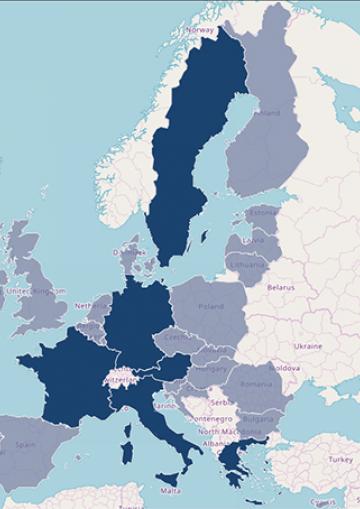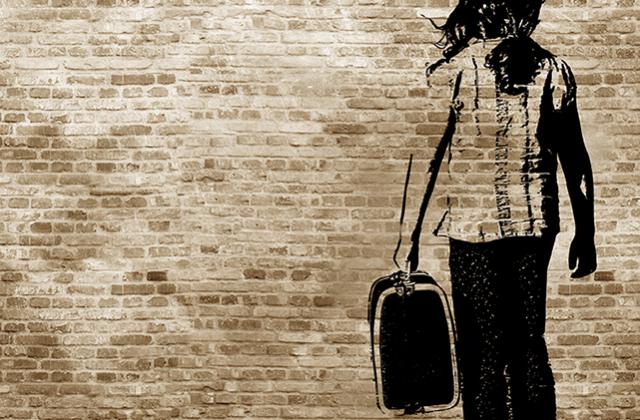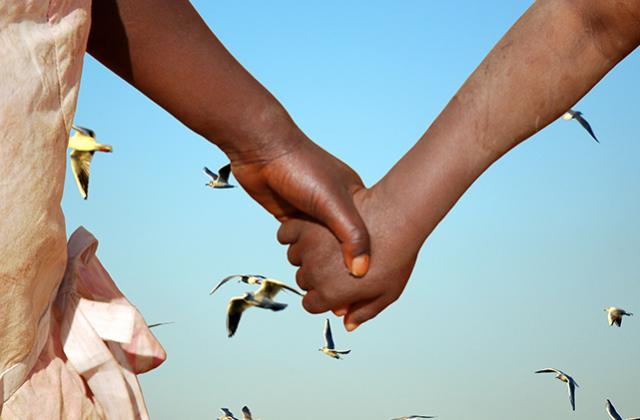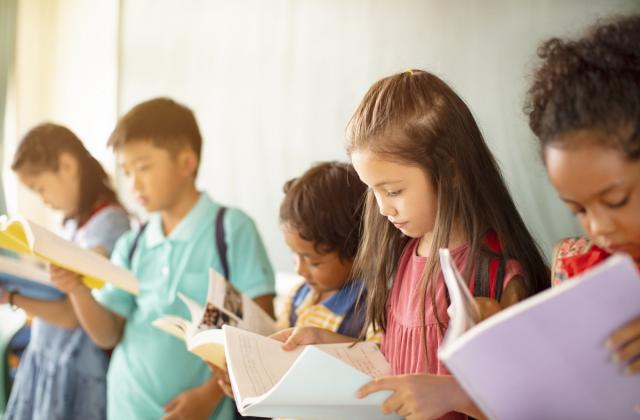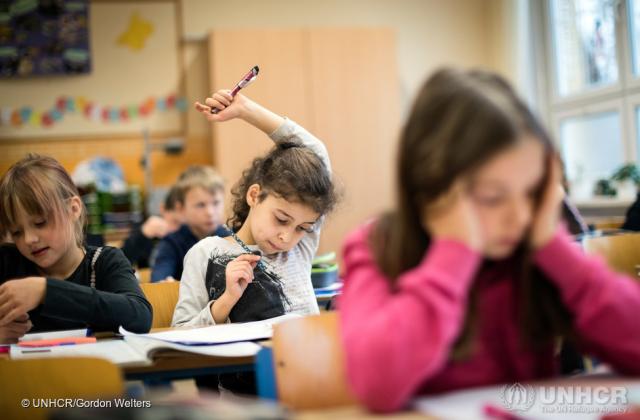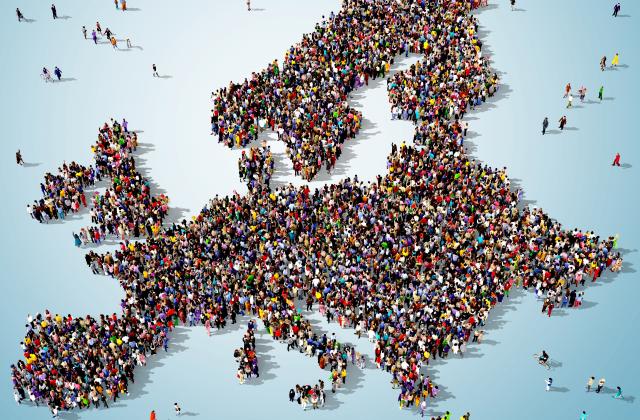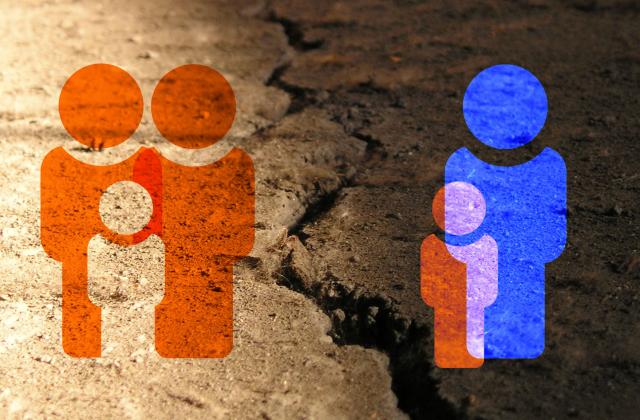Key challenges for integration
- Asylum procedures in the selected locations in 2016 and 2017 were lengthy, but significantly decreased again in 2018 to a national average of 7.5 months. Due to the high number of appeals in 2016, the duration of appeal procedures increased from an average of 7.8 months in 2017 to 12.5 months in 2018.
- Long asylum procedures in Germany resulted from high numbers of applications, the complexity of procedures, and a lack of interpreters. Countries of origin or the educational and professional backgrounds of applicants can also play a role in the length of the procedure. The processing time for unaccompanied children can be longer than for adults. This can be either because it takes a long time to appoint a legal guardian, who has to submit the application on behalf of the child, or because of lengthy procedures in relation to assessing age and/or child-specific needs.
- The legal status of asylum applicants affects their right to work and to access education beyond compulsory schooling, training and social benefits. The uncertainty about the outcome of proceedings, the fear of return, and the absence of family and friends can affect integration prospects, mental health, and make some vulnerable to becoming victims or perpetrators of crime. Precarious legal status has a particularly strong effect on integration during the transition from childhood to adulthood, which is when the support of competent professionals, such as social workers, guardians or lawyers, is most needed.
- Once international protection is granted, the person needs to undergo specific, sometimes lengthy procedures to obtain a residence permit. Some rights and benefits are subject to such a permit, which may again delay integration prospects.
Promising practice in country
- Handbook Germany is a mobile app. It provides information for asylum applicants by means of short videos and articles on the asylum procedure, housing, health, employment, vocational training, childcare and university studies. The app is available in seven languages.
Illustrative quotes
“From my point of view, there is an important sense of helplessness, so people try to receive information from various places which provide different information, this leads to confusion or to wrong ideas.” (NGO expert)
“This is not an experience, it is suffering [...] a struggle because you need to wait between 30 and 40 days to register, they give you a number and this number needs to be shown on the screen. The screen works every day from 8.00 until 18.00. I remained 35 days like this [...] waiting for the number to show up.” (Refugee from Syria)
“[I]n my experience [the country of origin] has very often an impact on the asylum decision […]. If I have a country of origin which usually does not infer subsidiary protection and refugee status or national ban on deportation, I reject the application more easily. Yes, because the adolescent is protected because he is a minor. Until he turns 18, it is not possible to deport him anyhow.” (NGO expert)
FRA opinions
The following are extracts from relevant FRA opinions:
EU Member States should examine asylum claims within a reasonable time period, allowing sufficient time to prepare a case and to seek legal and other assistance, including in times of large numbers of arrivals. To do so, they should ensure that sufficient financial and human resources, using qualified professionals, can be made available at short notice so as not to exceed the time limits set out in EU law.
Factors contributing to lengthy proceedings should be minimised, in particular if the factor lies within the remit of the authority and if the applicant is a child. Appropriate resources to quickly appoint competent guardians should be ensured. The guardianship system should be an integral part of the national child protection system, and must operate within the national legal child protection framework.
EU Member States should ensure that applicants with good prospects of receiving protection can already start their integration process during the asylum procedure to make the transition from being an applicant to being a status holder as easy as possible. This should include participation in language classes and effective access to education, healthcare, vocational training and the labour market as early as possible.
